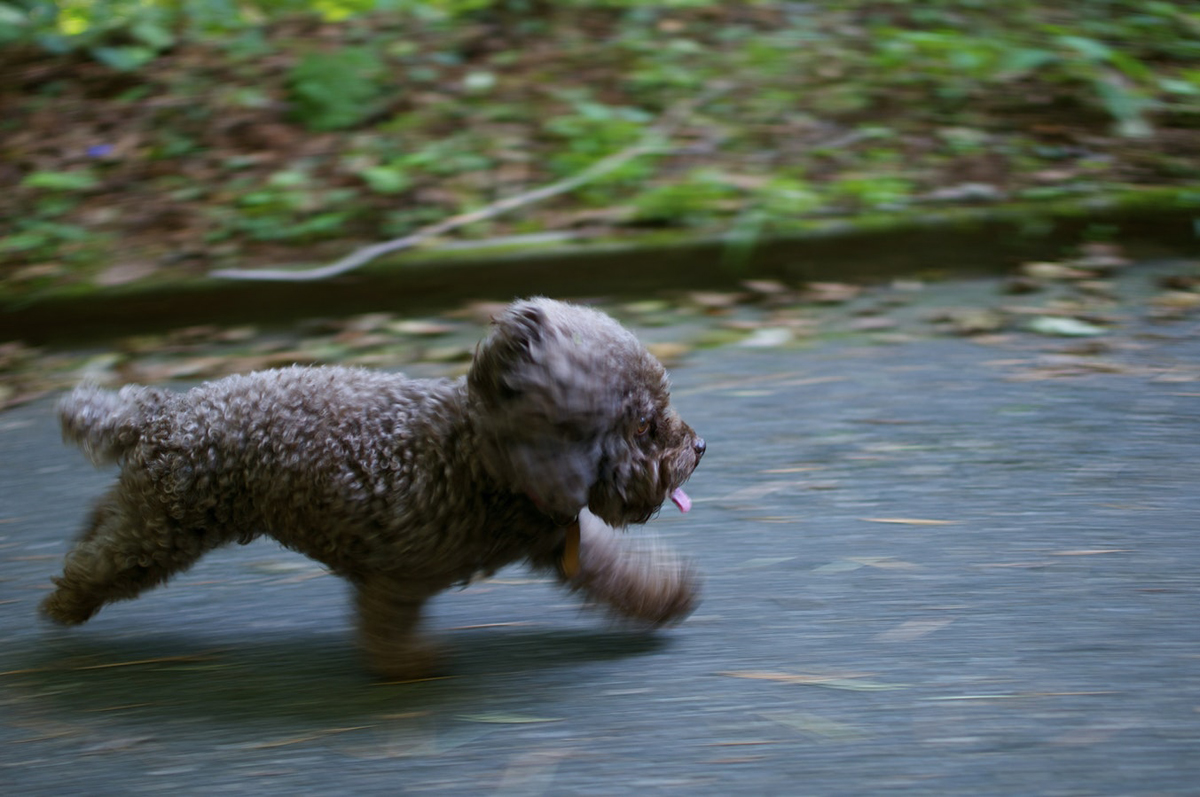You just adopted a new puppy or kitten and you heard about having their stool tested at your veterinarian. Or maybe you have an older pet and haven’t had their stool tested in a while and you’re thinking it’s not a big concern. Well, did you know that intestinal parasites, such as roundworm, hookworm and tapeworm can be transmitted not only between dogs and cats, but also to their owners? Puppies and kittens do not even have to be outdoors or in contact with other animals to contract worms. They can be born with them or transmitted through their mother’s milk!
All dogs and cats, even indoor ones, are at risk of having intestinal worms. Outdoor cats are at a higher risk of contracting parasites from contact with other cats or their stool, or from small mammals that they hunt, such as mice. Dogs in contact with each other at the park or in classes can also pass these parasites between each other. Dogs that have a tendency to consume other animals’ feces (known as coprophagia) are especially at risk of picking up intestinal parasites. Even fleas can be hosts of tapeworm and transmit it to other animals, including cats and dogs! Fortunately, once detected in a stool sample, these intestinal worms can easily be treated by a deworming medication prescribed by your veterinarian. However, not all parasites can be treated so easily nor is there one deworming that will treat all parasites.
Giardia is a microscopic protozoan parasite which affects the intestinal tract of multiple animals, including cats, dogs, and even humans. It most commonly causes frequent soft or liquid bowel movements, but can go completely undetected. This parasite is transmitted through ingestion of feces or contaminated water, such as ponds, lakes, and rivers. Giardiasis requires a broad-spectrum deworming to be given over several days to ensure your pet is Giardia-free.
Another protozoan to be on the lookout for is Coccidia. Just like Giardia, the most common clinical sign is diarrhea but can also go undetected, emitting no signs at all. When an animal is infected by this parasite it is known as coccidiosis, and affects a wide variety of animals including cats, dogs, humans, and birds. Coccidiosis is especially common in puppies with underdeveloped immune systems, and is passed through the feces of their mother. Treatment of coccidiosis may involve an immune booster to help the body fight it off, or even antibiotics based on the severity of the infection.
Thankfully, with annual stool testing and monthly parasite preventatives, we can keep intestinal worms and protozoans at bay and keep our pets happy and healthy! For more information on parasites and fecal testing, or to find out what would be the best preventative deworming for your pet, please contact us at Centrepointe Animal Hospital.


